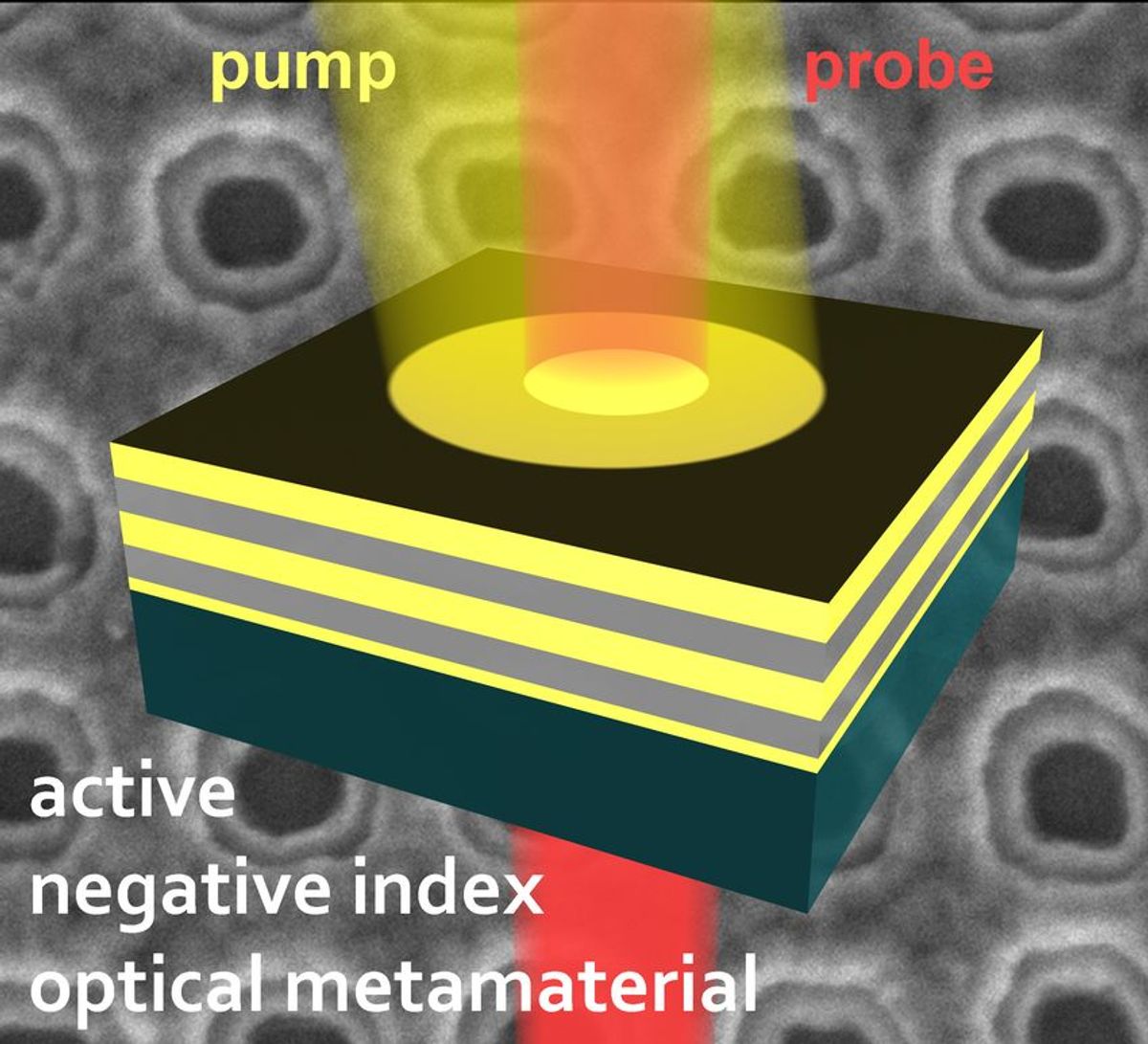Clearly the most attractive super hero power for nanotechnology at the moment is invisibility. Last month we had a nano-enabled coating that managed to make aircraft invisible to radar. Now we have a metamaterial consisting of fishnet-like film containing holes about 100 nanometers in diameter that could serve as an invisibility cloak.
While I personally might be persuaded to choose Spider-like climbing abilities for my nano-enabled super hero power, invisibility does pose an attractive option.
However, invisibility is far from the point of this research conducted at the Birck Nanotechnology Center, Purdue University and appears in the August 5th edition of the journal Nature.
The Purdue researchers have addressed one of the key limitations of metamaterials in optical devices: the absorption of too much light by metals in the metamaterials.
In the PhysOrg.com article cited above Vladimir M. Shalaev, Purdue's Robert and Anne Burnett Professor of Electrical and Computer Engineering, explains "This finding is fundamental to the whole field of metamaterials,” adding "We showed that, in principle, it's feasible to conquer losses and develop these materials for many applications."
Metamaterials have tantalized researchers for years with their index of refraction at or below zero that promises extraordinary breakthroughs in the field of transformation optics. But the materials absorbed too much light. With this research, some of the applications that have been discussed for these materials are back on the table such as a “planar hyperlens” that could enable “optical microscopes 10 times more powerful and able to see objects as small as DNA.” "What's really important is that the absorption coefficient can be as small as only one-millionth of what it was before using our approach," Shalaev said. "We can even have amplification of light instead of its absorption. Here, for the first time, we showed that metamaterials can have a negative refractive index and amplify light."Dexter Johnson is a contributing editor at IEEE Spectrum, with a focus on nanotechnology.




